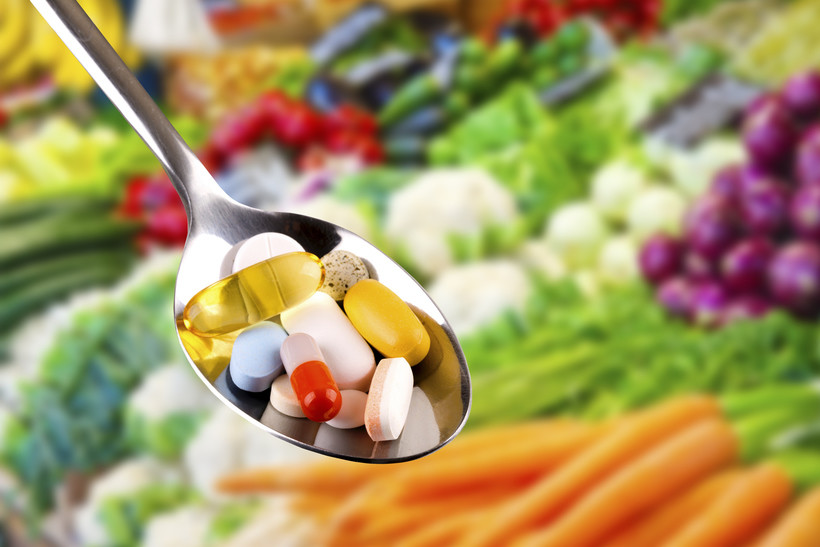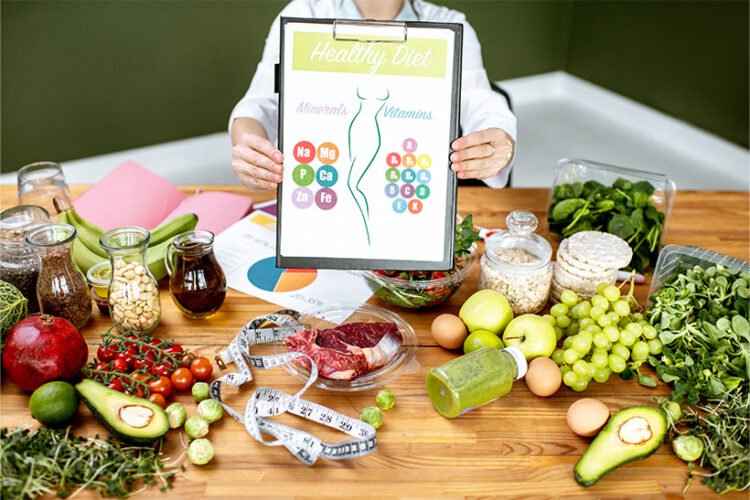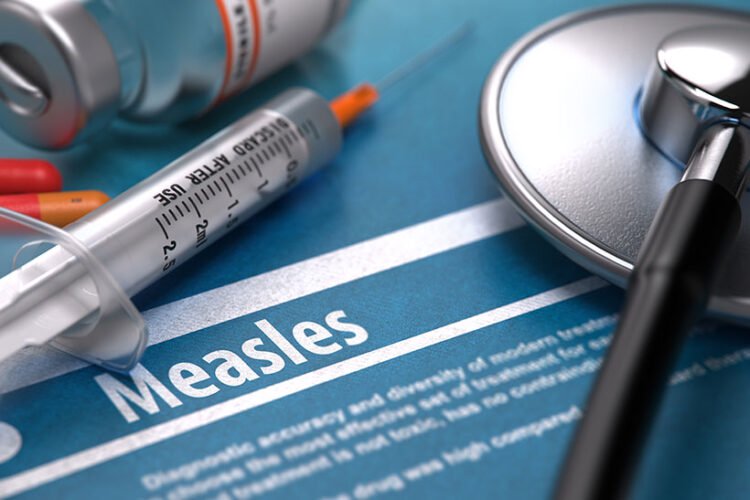Some may find it overwhelming when deciding which vitamins to take. Each has a different purpose, dosage requirement and best method of intake for absorption. Here is a glance at vitamins A, B, and C.
Vitamin A
An essential vitamin needed for growth and development, vitamin A is also important for cell regeneration, vision, immune function, and reproduction. It is a powerful antioxidant and acts as a hormone in the body, affecting the expression of genes and thereby influencing phenotype. The best food resources to achieve a healthy intake of vitamin A include beef liver, cod oil liver, sweet potato, black-eyed peas, spinach, broccoli, sweet red pepper, mango, cantaloupe, dried apricots, pumpkin pie, tomato juice, and herring.
Daily Dosage Recommendations: Adult Men- 900 micrograms, Adult Women- 700 micrograms
Vitamin B
There are eight different B vitamins that play a role in converting food into energy in the body. Vitamin B-complex supplements include all of these essential vitamins in one pill:
• Vitamin B-1: Thiamin- Vital to healthy growth and function of organs including the brain and heart.
• Vitamin B-2: Riboflavin- Necessary to break down fats and drugs.
• Vitamin B-3: Niacin- Maintain healthy skin, nerves, and digestion. Sometimes prescribed in high doses to improve cholesterol levels.
• Vitamin B-5: Pantothenic Acid- Essential for the health of the brain and nervous system.
• Vitamin B-6: Pyridoxine- Helps with the production of new red blood cells to carry oxygen through the body; keep the immune system strong.
• Vitamin B-7: Biotin- Essential for healthy hair, nails and nerve function.
• Vitamin B-9: Folic Acid- Makes DNA and genetic material. During pregnancy may reduce the risk of certain birth defects.
• Vitamin B-12: cobalamin- Required by nerve and blood cells to prevent anemia.
Foods rich in vitamin B include salmon, leafy greens, liver and other organ meats, eggs, milk, beef, oysters, clams, and muscles, legumes, chicken and turkey, yogurt, pork, fortified cereal, trout, and sunflower seeds.
Daily Dosage Recommendations: Vary per gender, B vitamin and if women are pregnant or breastfeeding.
Vitamin C
An important antioxidant for skin, bones and connective tissue, vitamin C also helps form blood vessels, cartilage, and collagen in bones. The human body does not produce vitamin C and therefore oral supplements are needed, in the form of capsules and chewable tablets. Foods that are rich in vitamin C include oranges and orange juice, grapefruit, green peppers, sweet red peppers, strawberries, broccoli, kiwi, Brussel sprouts, cooked cabbage, tomato juice, cauliflower, cantaloupe, honeydew melon, pineapple and potatoes.
Daily Dosage Recommendations: Adult Men- 90 milligrams, Adult Women- 75 milligrams
Antioxidants are substances that might protect your cells against the effects of free radicals- molecules produced when your body breaks down food or is exposed to tobacco smoke and radiation. Free radicals can lead to heart disease, cancer, and other chronic health complications.
Antioxidants: Vitamin A, Vitamin C
Contact your physician or a registered dietician for vitamin recommendations.
The above information is for educational purposes only.
Resources:




